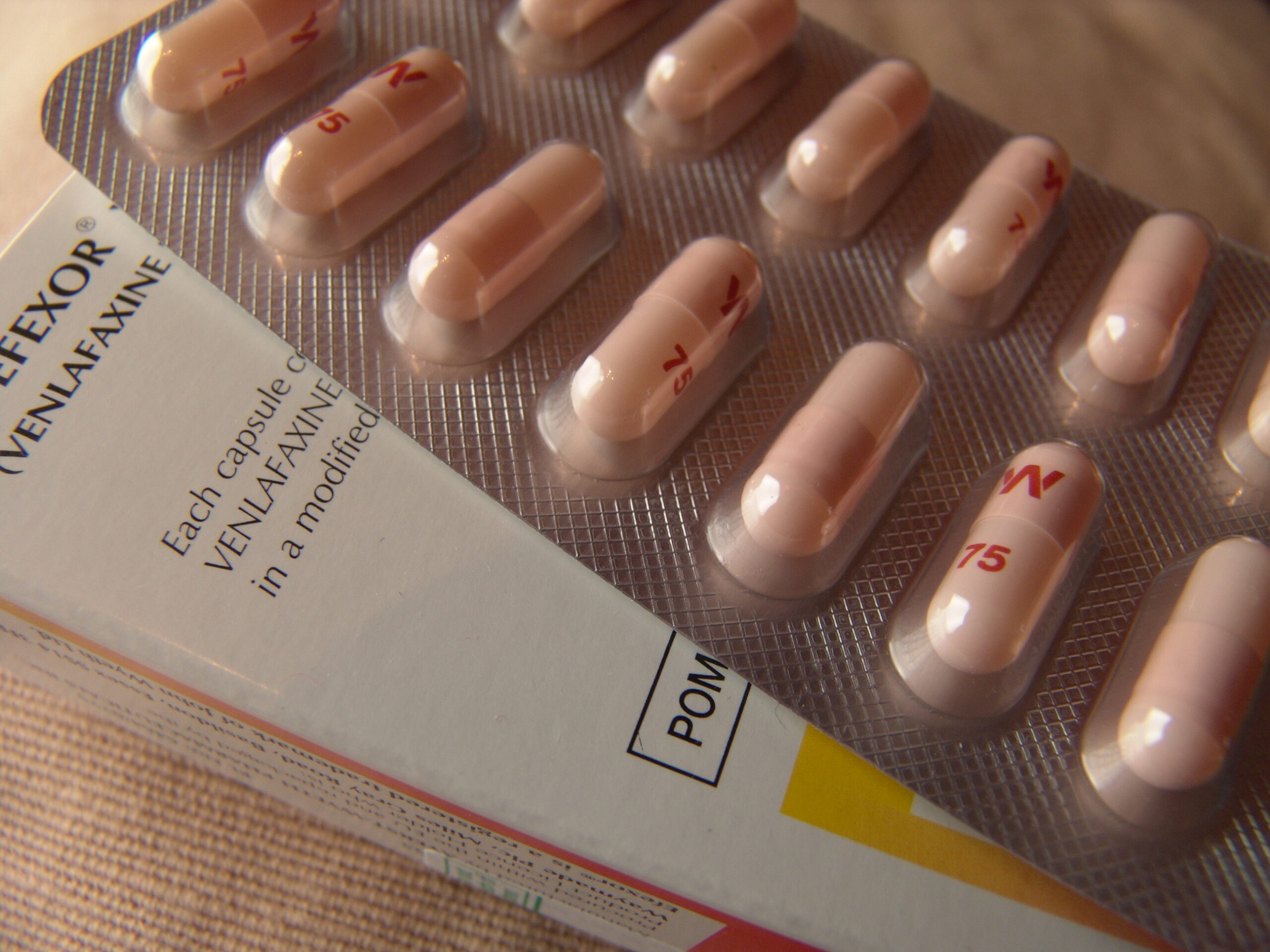FDA Approves Generic Version of Depression Drug Effexor XR

Depression can severely limit a person’s ability to function effectively, with symptoms that include sadness, anxiety, hopeless, and helplessness as well as feelings of guilt and worthlessness. The symptoms can be accompanied by physical symptoms such as aches and pains, headaches, and digestive problems.
One drug that has offered a way to combat both the feelings of depression for many people as well as the irritability and restlessness that can accompany the debilitating disorder is now available in generic form. Effexor XR (venlafaxine hydrochloride), has been approved by the FDA to be made available in generic form, making it accessible to thousands more depression sufferers.
People with depression are more likely to have thoughts of suicide and act on them. Many who suffer from depression withdraw from their lives and feel incapable of coping with even small challenges, and often stop participating in hobbies and other activities that once brought joy.
The deputy director of the Office of Pharmaceutical Science for the FDA’s Center for Drug Evaluation and Research said, “The approval of this widely used antidepressant is another example of the FDA’s efforts to increase access to safe and effective generic drugs. Access to treatments for depression is important because depression can interfere with a person’s daily life and routine, which can significantly affect relationships with family and friends.”
Effexor XR, made by Wyeth Pharmaceuticals, will continue to have patented uses that only the branded drug will be labeled for, so the generic version of the drug may require different labeling. The generic version will be manufactured by TEVA Pharmaceuticals in North Wales, Pa. in 37.5 milligram, 75 milligram and 150 milligram capsule strengths.
The generic venlafaxine hydrochloride will require the same safety warnings as Effexor XR, which will include warning consumers that certain antidepressants may lead to an increase in suicidal feelings and actions, especially teens and children. It will also warn that people with a history of bipolar in their family may be at higher risk for suicidal thought or action.
Shadra Bruce is a contributing writer for Mental Health News.